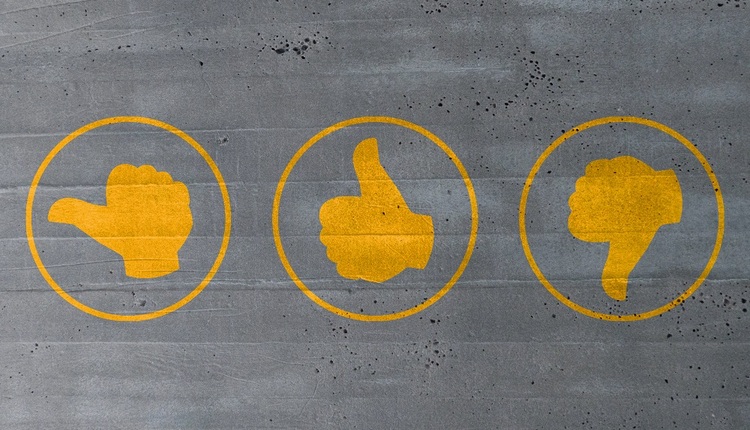�I don�t remember exactly when it hit me,� recalls Diane Shoup, department manager of Office Services in CH2M HILL�s regional office in Herndon, VA, �but after watching the bulk of interoffice mail that travels through our company on a daily basis, I thought that surely there must be a more environmentally conscious and cost-effective way to do this. Then I remembered ads I had seen for a reusable mail sack, and I thought, �Wait a minute: CH2M HILL has over 57 offices nationwide. If banks and insurance companies use these mail sacks to save time and money, then why can�t we?��
CH2M HILL, the largest environmental engineering firm in the nation, has projects involving water, wastewater, hazardous waste, solid waste, transportation and evaluation of energy-transmission systems. For a company that helps its clients take a more environmentally sound approach to business, a reusable mailing sack, which reduces overall waste generated by paper envelopes and cardboard boxes, seemed like too good an idea to pass up.
Custom Solutions
�Before we presented the idea to management, we researched reusable mail sacks. We discovered there was one manufacturer who was more than willing to work within our stringent design requirements to create the bag we needed,� says Shoup. That bag was the Trans-Sac, a reusable fabric envelope made by fabric-bag manufacturer, A. Rifkin Co. of Wilkes-Barre, PA. �Everyone at Rifkin did an outstanding job in producing the Trans-Sac for us,� comments Shoup. �No matter how many design changes we threw their way, they were always willing to comply.�
Available in flat or gusseted styles and made of maximum-strength lightweight 200-denier nylon or the durable laminated nylon fabric known as Nylotop 2000, each Trans-Sac is made to survive hundreds of round trips. In addition, the Trans-Sac can hold up to five times as much as a similar-size paper envelopes. The U.S. Postal Service has approved its use for First Class and Priority deliveries.
Investment Paid Off
While environmental concerns were a major consideration, another factor received a lot of attention. The Trans-Sac saved the company money. �The Trans-Sac paid for itself in a matter of months,� says Shoup. �Because these envelopes are reusable, we saw a payback in six to eight months in our larger offices. In the smaller offices, the payback was closer to a year.�
According to Shoup, the Trans-Sac has other advantages. For example, mail that travels in the durable, lightweight pouches tended to arrive more quickly than mail in paper flats. �It appears that because our Trans-Sac resembles a Priority mail pouch, it gets more attention. As a result, our mail is not only handled better, we receive it faster.�
Surprising Capacity
Another quality that appeals to Shoup is the overall durability of the Trans-Sac. �We are amazed at how much we can get in them. A mail clerk got 11 pounds of material in a mid-size bag,� recalls Shoup, referring to the 11� by 14� Trans-Sac with 3� gusset. �We would normally have sent the same materials in a cardboard box,� adds Shoup. �Better yet, everything arrived in good order.�
�It didn�t take long for the mail centers to adjust to the new procedure,� notes Shoup, describing the transition. �Although we�re just a small to mid-size mailer on a national scale, we send hundreds of engineering plans and proposals internally every day. They all need to move back and forth in our operation as quickly as possible,� she continues. �It�s an ideal situation for reusable mail sacks.�
Patty Levan is the special projects/advertising supervisor for
A. Rifkin Co. For more information on Trans-Sacs and other fabric bags, contact A. Rifkin Co., 1400 Sans Souci Parkway, PO Box 878, Wilkes-Barre, PA 18703; 800-458-7300; fax 800-825-8284; or visit its Web site at www.arifkin.com.
Related to:
July 25 2006 10:02 AM










